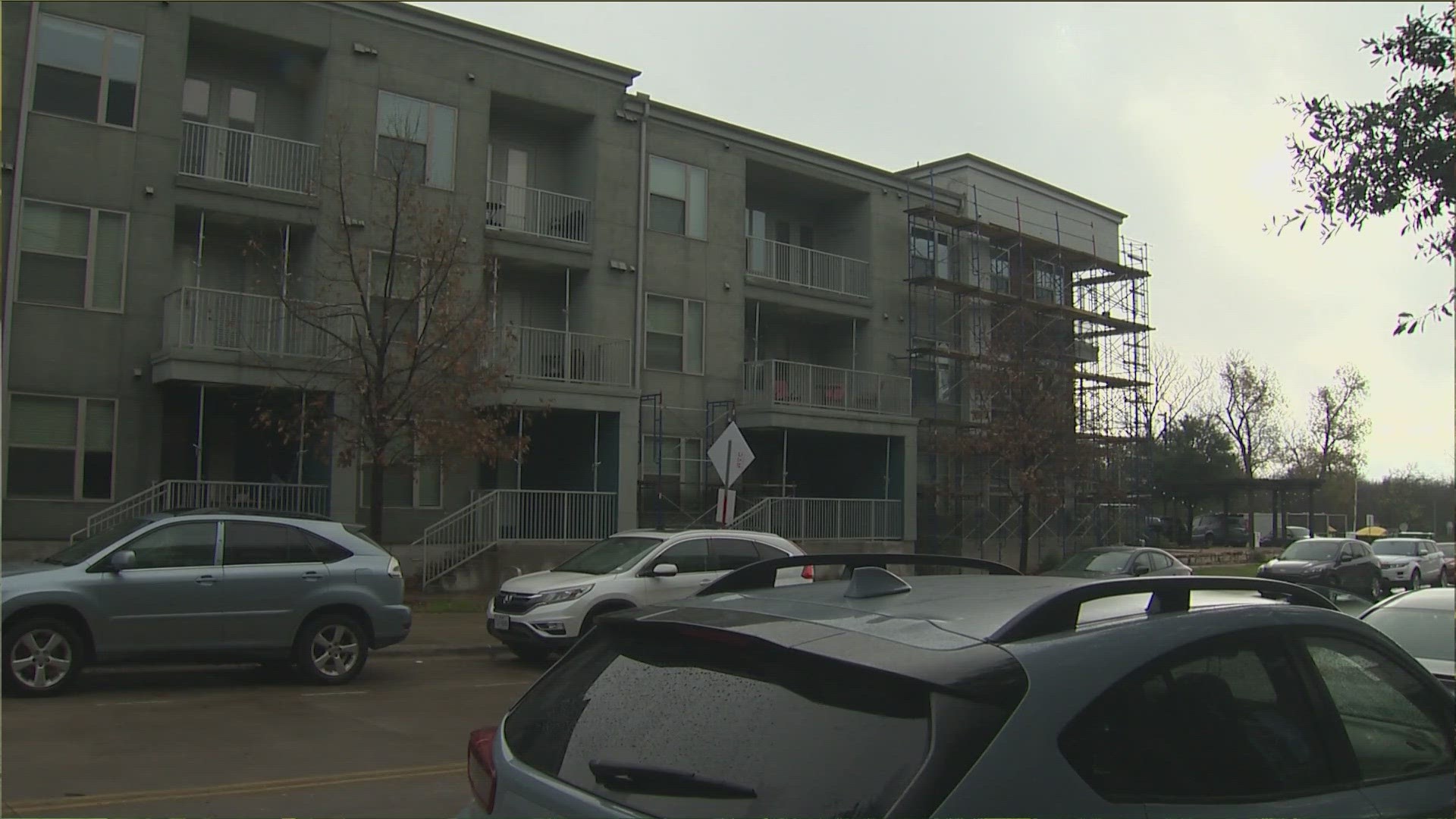AUSTIN, Texas —
A new transit study is highlighting how the history of Austin's housing policy has shaped the city and ways to make meaningful improvements moving forward.
The study was conducted by Transit Forward, a local nonprofit aimed at educating the Austin community about the importance of accessible public transit.
The study found that racism influenced Austin’s zoning decisions starting back in the early 20th century.
According to the study, affordable housing that fit multiple families, like apartments, wasn’t put in what were considered affluent or white parts of town. The study also says the City of Austin previously refused to pave roads or install sewage in some of the traditionally Black neighborhoods in an effort to move all the people of color to the east side of the city.
Bill McCamley, the executive director of Transit Forward, said current single-family-only zoning laws along transit corridors prevent affordable housing from being built near trains and buses.
Transit Forward is suggesting more responsible development so people who need public transportation can live closer to it.
"As we build out Project Connect – which includes expanding the Red Line, which includes the new light rail system downtown, which includes the new Metro Rapid Express bus systems that are going on mostly on the east side, with eventually more south, west and northwest lines – got to have housing available near those stops so that people feel comfortable and want to use them," McCamley said.
RELATED:
This could impact Project Connect and other future developments from the City.
"It's important for us to release this research now so as we discuss these really critical issues, we know exactly where they're coming from and, hopefully, how to avoid being like that moving forward," McCamley said. "We [have] got to be better and we can be. And this information allows us to do so."
McCamley also said the City has recently done a good job with things like getting rid of minimum parking requirements and the HOME Initiative allowing more density and more families to live within single-family lots.
He said making these changes and adding more housing near public transportation will make the city more appealing to the federal government for the $2.5 billion Austin will apply for to finish Project Connect.
The study was part of a partnership with local universities that Transit Forward does each semester. This one was done by a St. Edwards University student. The next one will be about public safety and reducing crashes.
Boomtown is KVUE's series covering the explosive growth in Central Texas. For more Boomtown stories, head to KVUE.com/Boomtown.

